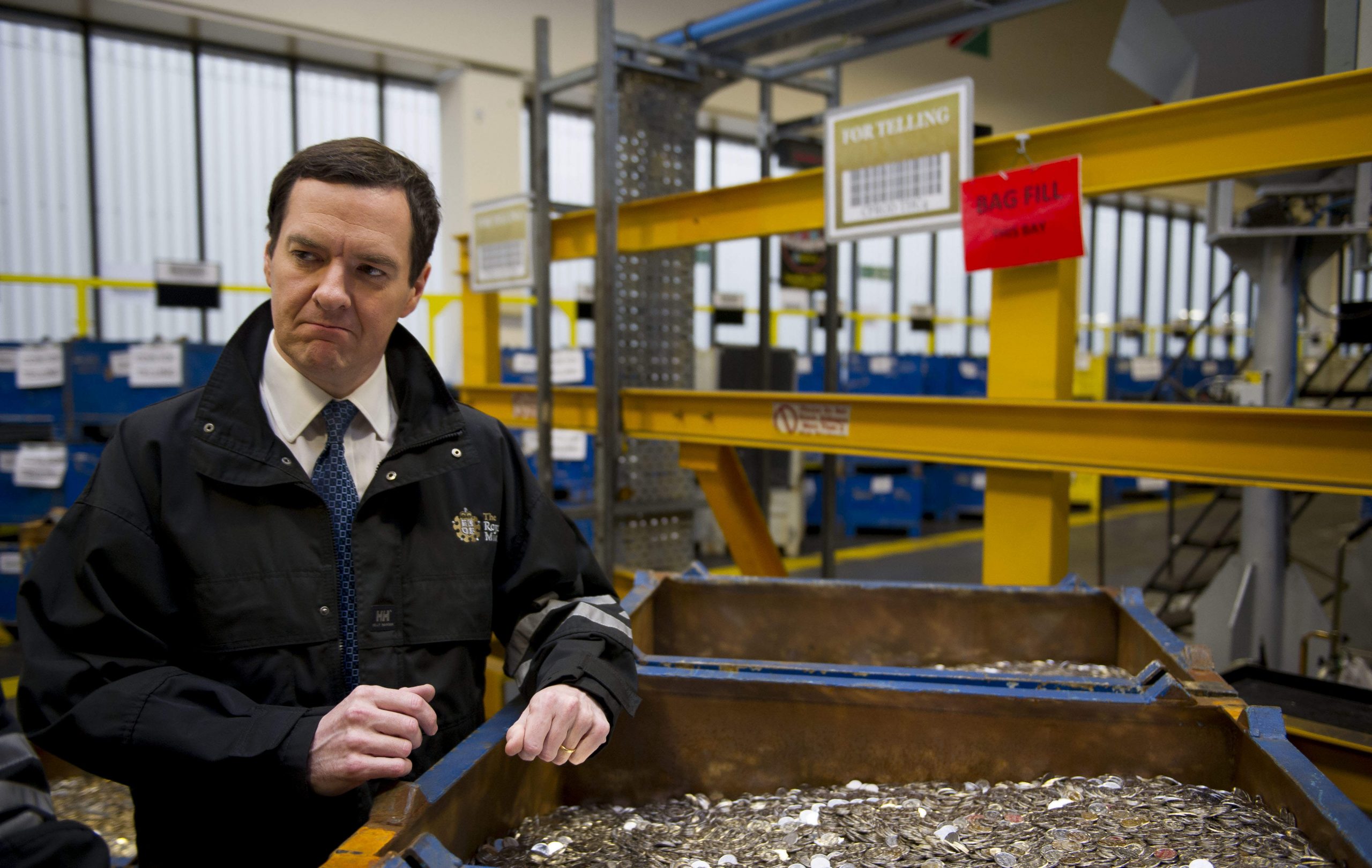
Most voters are oblivious to the day-to-day combat at Westminster; their preferences are shaped by longer-term trends. The Budget is an exception. In this parliament, George Osborne’s 2012 “omnishambles” Budget, which entrenched the impression of the Conservatives as the party of the rich, is the most salient example.
It initially appeared likely that this year’s Budget (on 18 March) would be a minimalist affair. The Liberal Democrats briefed that they would strike no significant deals with the Tories on account of their desire to distance themselves from their coalition partners in advance of the general election. Mr Osborne, it seemed, would be denied the chance to unleash any fiscal fireworks. But more recent briefings suggest there will at least be a few sparklers. The government is reported to be considering raising the personal income-tax allowance to nearly £11,000, rather than the scheduled £10,600, after lower-than-expected inflation (which has reduced the cost of debt interest payments) gifted the Chancellor a £5bn windfall.
A cut in this very visible tax would be politically adroit but more progressive options exist. A further increase in the personal allowance will not benefit the 4.6 million workers who earn too little to pay tax; the biggest winners would be households in the top half of the income distribution. A better course would be to raise the National Insurance threshold (now at £7,956) or to cut VAT, which hits the poorest hardest.
Having failed to meet his original deficit reduction targets (borrowing this year is forecast to exceed £80bn), Mr Osborne has scheduled several more years of austerity. As a result of his plan to achieve a £23bn surplus by 2019-20, while cutting taxes by £7.2bn and avoiding further tax rises, the UK faces even greater cuts than those imposed since 2010. As Ed Balls noted in a speech on 9 March, public spending as a share of GDP, based on current trends, would fall to its lowest since the 1930s, the army would be reduced to its smallest size since Cromwell and three departments – the Foreign Office, the Department for Work and Pensions and the Department for Transport – would have no day-to-day budgets left at all. If this seems incredible, it is because it is. Rather than implementing his programme, Mr Osborne is likely to raise VAT again or to extend his deficit reduction timetable.
Yet the Chancellor, as Mr Balls says in his interview with George Eaton on page 34, has been more pragmatic than his axe-wielding image suggests. Rather than chasing his original targets when growth stalled, he allowed borrowing to rise by £219bn more than planned. This fiscal loosening partly explains the UK’s robust if much-delayed recovery. The trouble, Mr Balls says, is: “He’s learned the wrong lessons and he thinks now, at the beginning of the next parliament, you should go back to the plan at the beginning of the last one.” There is no economic need for Britain to run an absolute surplus in five years’ time. The most sensible course, as Labour and the Liberal Democrats propose, is to eliminate the current Budget deficit while leaving room to borrow to invest in housing, transport and other infrastructure projects.
Unlike some in his party, Mr Osborne is not a simple-minded libertarian. He recognises the necessity of active government to support growth, recently comparing himself to that champion of interventionism, Michael Heseltine. However, if he is truly intent on regenerating the Conservatives, he should change course now rather than after 7 May.
It’s just not cricket
The England cricket team will return from the World Cup defeated and humiliated. Having been thrashed by Australia, New Zealand and Sri Lanka, England were put out of their misery by plucky Bangladesh, a performance Mike Selvey at the Guardian described as among the worst he had seen in 30 years reporting on our summer game. English cricket is the author of its own misfortune. The England and Wales Cricket Board (ECB) is greedy and complacent. The relentless schedule to which it has committed the national team has wearied and bored the players. The hapless coach, Peter Moores, seems to speak entirely in management gobbledegook. The one-day team does not even have an English captain: Eoin Morgan is an Irishman, who understandably refuses to sing the national anthem and, less understandably, keeps getting out for nought. The one saving grace for the ECB is that the public does not seem much to care. Could it be that cricket in England is a dying game?





